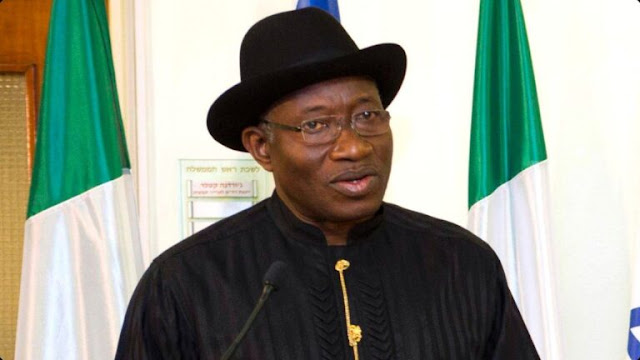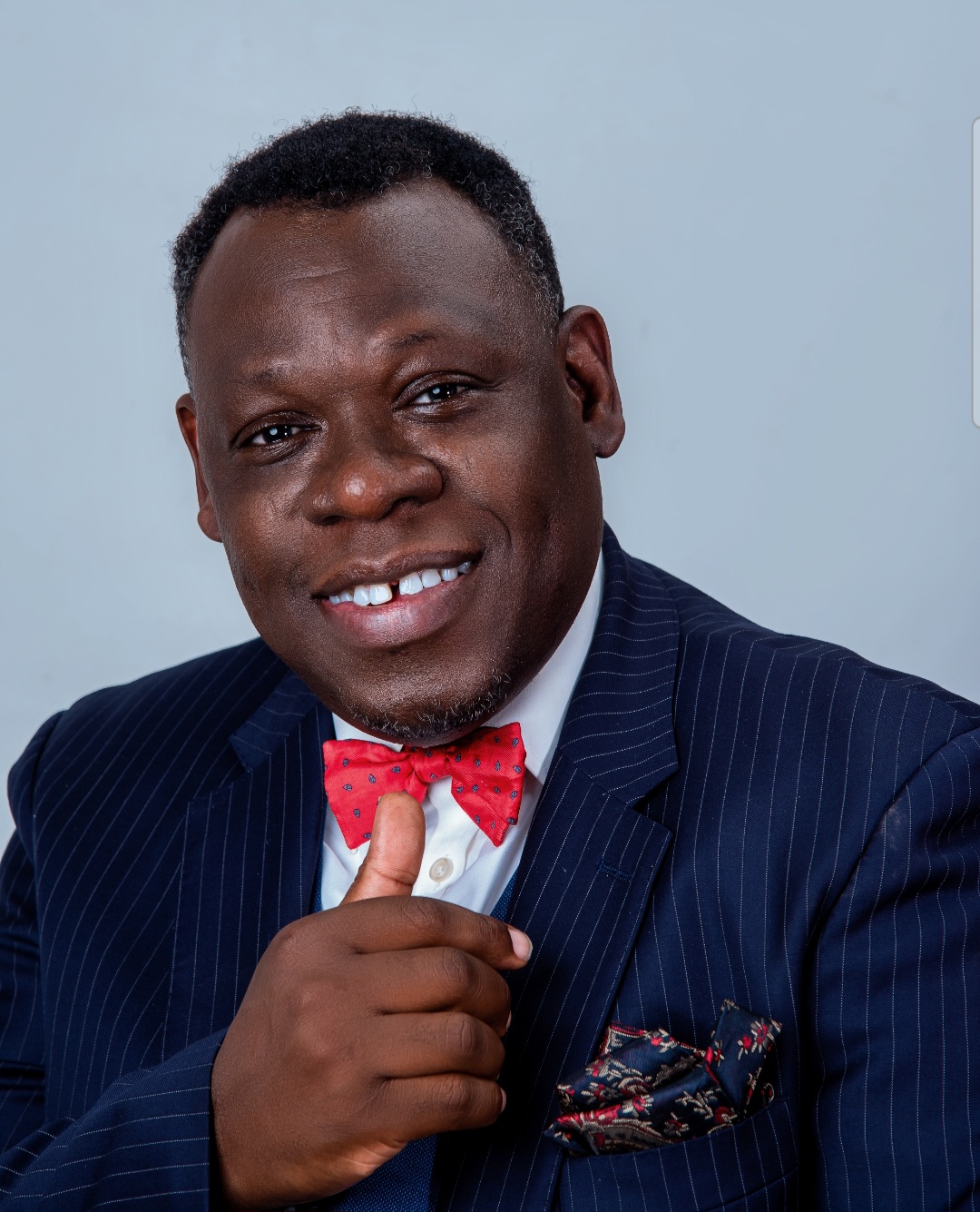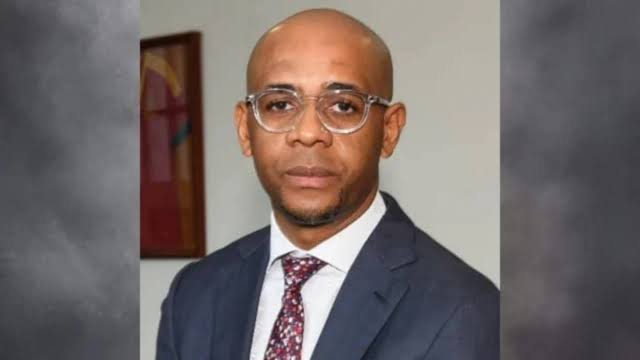In a compelling call to action, former Nigerian President Goodluck Ebele Jonathan has proposed the creation of an independent Office of the Registrar of Political Parties as a critical step toward addressing what he described as a deepening crisis of political party indiscipline in Nigeria. The recommendation was made during the public presentation of the National Action Plan for Electoral Reforms, an event organized by the Abuja School of Social and Political Thought (ASSPT) in the nation’s capital, Abuja. Represented by Ann Iyonu, the Executive Director of the Goodluck Jonathan Foundation, Jonathan emphasized that while Nigeria has made significant strides since its return to democratic governance in 1999, the country’s electoral system continues to grapple with systemic challenges that threaten the integrity of its democracy.
Jonathan’s address underscored the pivotal role that political parties play as the bedrock of any democratic system. He expressed concern over the increasing instability and opportunism within Nigeria’s political parties, pointing to the rampant practice of cross-carpeting—where elected officials defect from the political parties that sponsored their elections to rival parties without clear ideological justification or accountability. This phenomenon, he argued, undermines the principles of democratic representation and erodes public trust in the political process. To address this, Jonathan proposed the establishment of a robust, independent regulatory body tasked with overseeing the operations of political parties, enforcing internal democracy, and holding defectors accountable, potentially by declaring their seats vacant.
The former president’s remarks come at a time when Nigeria’s democratic institutions are under scrutiny, with growing calls for reforms to strengthen electoral processes and restore public confidence. His proposal for an independent Office of the Registrar of Political Parties draws inspiration from successful models in other African nations, such as Kenya and Malawi, where similar structures have bolstered party discipline and enhanced the credibility of democratic processes. Jonathan’s recommendations also extended to the appointment process for the chairman of the Independent National Electoral Commission (INEC) and the resolution of electoral disputes, signaling a comprehensive vision for electoral reform in Nigeria.
The Context of Nigeria’s Electoral Challenges
Since the return to democratic rule in 1999, Nigeria has held six general elections, marking over two decades of uninterrupted civilian governance—a significant achievement for a country with a history of military interventions. However, the electoral process has been marred by persistent challenges, including allegations of vote-buying, electoral violence, logistical failures, and disputes over results. Political parties, which are meant to serve as vehicles for democratic representation, have often been at the center of these issues, with internal wrangling, lack of ideological coherence, and defections becoming commonplace.
Jonathan, who served as Nigeria’s president from 2010 to 2015, is no stranger to the complexities of the country’s political landscape. His tenure was marked by both progress and challenges in the democratic space, including the controversial 2015 general election, which saw him concede defeat to President Muhammadu Buhari in a historic moment of democratic transition. Drawing on his experience, Jonathan highlighted the need for structural reforms to address the root causes of electoral dysfunction, particularly within political parties.
“Political parties are the foundation of any democracy,” Jonathan stated through his representative. “They are meant to aggregate the interests of citizens, articulate clear policy positions, and provide a platform for accountable leadership. However, what we see today in Nigeria is a troubling trend of instability and opportunism, where loyalty to party principles is sacrificed for personal gain.”
The issue of cross-carpeting, or party defection, has been a particularly thorny problem in Nigeria’s political system. Elected officials, including governors, senators, and members of the House of Representatives, have frequently switched parties after winning elections, often citing internal party crises or personal disagreements. This practice has sparked debates about the sanctity of the democratic mandate, as voters elect candidates based on the platforms of specific parties, only to see those candidates defect to rival parties mid-tenure. Such defections have also fueled perceptions of political opportunism, with critics arguing that they prioritize personal ambition over public service.
The Case for an Independent Registrar of Political Parties
Jonathan’s proposal for an independent Office of the Registrar of Political Parties seeks to address these challenges by introducing a regulatory framework to ensure greater accountability and discipline within political parties. Under his vision, the office would have the authority to oversee party operations, including the conduct of primaries, adherence to party constitutions, and compliance with electoral laws. Crucially, the office would be empowered to enforce sanctions against defectors, such as declaring their seats vacant, thereby deterring opportunistic defections.
Drawing parallels with other African democracies, Jonathan pointed to Kenya’s Office of the Registrar of Political Parties, established under the Political Parties Act of 2011, as a model. In Kenya, the registrar oversees the registration, regulation, and funding of political parties, ensuring compliance with legal and ethical standards. The office has been credited with reducing party fragmentation and promoting internal democracy, contributing to more stable political coalitions. Similarly, Malawi’s Registrar of Political Parties has played a key role in maintaining party discipline, particularly in the context of coalition politics.
“Countries like Kenya and Malawi have shown us that a well-regulated political party system can strengthen democracy,” Jonathan noted. “By establishing an independent registrar in Nigeria, we can create a framework where parties are held accountable for their actions, and elected officials are bound by the mandate given to them by the electorate.”
The proposed office would also address the issue of internal party democracy, which has been a recurring concern in Nigeria. Many political parties have faced criticism for conducting primaries that lack transparency or fairness, often resulting in disputes that spill into the courts. By empowering the registrar to monitor and enforce internal democratic processes, Jonathan believes that parties can become more inclusive and representative, reducing the likelihood of factionalism and defections.
Reforming INEC’s Leadership Appointment Process
In addition to his proposal for a registrar of political parties, Jonathan called for reforms in the appointment process for the chairman of the Independent National Electoral Commission (INEC). The electoral body plays a critical role in ensuring free, fair, and credible elections, but its independence has often been questioned due to the perception that its leadership is influenced by the executive branch.
Currently, the INEC chairman is appointed by the president, subject to confirmation by the Senate. This process has raised concerns about potential bias, as the appointee may feel beholden to the appointing authority. To address this, Jonathan proposed the creation of an independent screening and nomination body composed of representatives from diverse sectors, including the judiciary, civil society, academia, and professional organizations. This body would be responsible for vetting and nominating candidates for the INEC chairmanship, ensuring that only individuals with proven integrity and competence are selected.
“Public trust in the electoral process is essential for democracy to thrive,” Jonathan emphasized. “By involving a broad range of stakeholders in the selection of INEC’s leadership, we can reduce perceptions of bias and build confidence in the institution.”
This proposal aligns with global best practices, where electoral commissions are insulated from political interference through transparent and inclusive appointment processes. For example, in countries like Canada and India, electoral bodies are staffed by professionals selected through rigorous, non-partisan mechanisms, contributing to their credibility and effectiveness.
Resolving Electoral Disputes Before Swearing-In
Another key aspect of Jonathan’s recommendations is the need to resolve electoral disputes before elected officials are sworn into office. Under Nigeria’s current system, candidates with pending electoral disputes can assume office while their cases are litigated in court, sometimes for years. This practice has led to prolonged uncertainty, undermined governance, and eroded public trust in the judiciary and the electoral process.
Jonathan argued that allowing candidates with unresolved disputes to take office creates instability and distracts from effective governance. He advocated for a system where electoral disputes are adjudicated expeditiously, ideally before the swearing-in of elected officials. This would require reforms to the judicial process, including the establishment of dedicated electoral tribunals with strict timelines for resolving cases.
“The current practice of allowing candidates to assume office while their eligibility is still in question is a recipe for chaos,” Jonathan said. “We must ensure that electoral disputes are resolved swiftly and fairly, so that those who take office do so with a clear mandate from the people.”
This proposal has significant implications for Nigeria’s judicial system, which has often been criticized for delays in handling electoral cases. By prioritizing the resolution of electoral disputes, Nigeria could enhance the legitimacy of its elected officials and reduce the risk of governance disruptions caused by prolonged litigation.
The Role of Civil Society and Democratic Discourse
Jonathan’s address also highlighted the importance of civil society in driving democratic reforms. He commended the Abuja School of Social and Political Thought for its role in fostering intellectual discourse and developing actionable solutions to Nigeria’s democratic challenges. The National Action Plan for Electoral Reforms, presented at the event, is a testament to the power of collaborative efforts between policymakers, academics, and civil society organizations.
The plan, which draws on contributions from a wide range of stakeholders, outlines a roadmap for strengthening Nigeria’s electoral system through legislative, institutional, and procedural reforms. It emphasizes the need for inclusivity, accountability, and transparency in the democratic process, aligning closely with Jonathan’s vision.
“Let us confront our democratic weaknesses with honesty and reform our system with courage,” Jonathan urged. “Let us continue to work together to build a Nigeria where elections are credible, leaders are accountable, and democracy truly delivers for the people.”
Implications and Challenges of Implementation
Jonathan’s recommendations, while visionary, are not without challenges. The establishment of an independent Office of the Registrar of Political Parties would require significant legislative and institutional changes, including amendments to the Electoral Act and the Constitution. Such reforms could face resistance from political actors who benefit from the current system of lax regulation and unchecked defections.
Similarly, reforming the INEC appointment process and expediting electoral dispute resolution would demand cooperation between the executive, legislature, and judiciary—a tall order in Nigeria’s often polarized political environment. The success of these reforms will depend on the political will of stakeholders and the sustained advocacy of civil society organizations.
Moreover, the issue of cross-carpeting raises complex legal and ethical questions. While declaring the seats of defectors vacant may deter opportunism, it could also infringe on the rights of elected officials to freedom of association. Striking a balance between enforcing party discipline and respecting individual rights will be a critical consideration in the design of the proposed registrar’s office.
A Call for Collective Action
Jonathan’s speech at the ASSPT event is a clarion call for Nigerians to take ownership of their democratic future. By addressing the root causes of political party indiscipline, reforming INEC’s leadership selection, and ensuring timely resolution of electoral disputes, Nigeria has an opportunity to strengthen its democracy and restore public trust in its institutions.
As the country prepares for the 2027 general elections, the recommendations put forward by Jonathan and the National Action Plan for Electoral Reforms provide a blueprint for meaningful change. However, their success will require the commitment of all stakeholders—government, political parties, civil society, and citizens—to work together toward a shared vision of a more robust and inclusive democracy.
In a country as diverse and complex as Nigeria, the journey toward a perfected democratic system is fraught with challenges. Yet, as Jonathan’s address underscored, it is a journey worth undertaking. By embracing reforms that prioritize justice, accountability, and inclusivity, Nigeria can build a democratic system that truly reflects the aspirations of its people.







